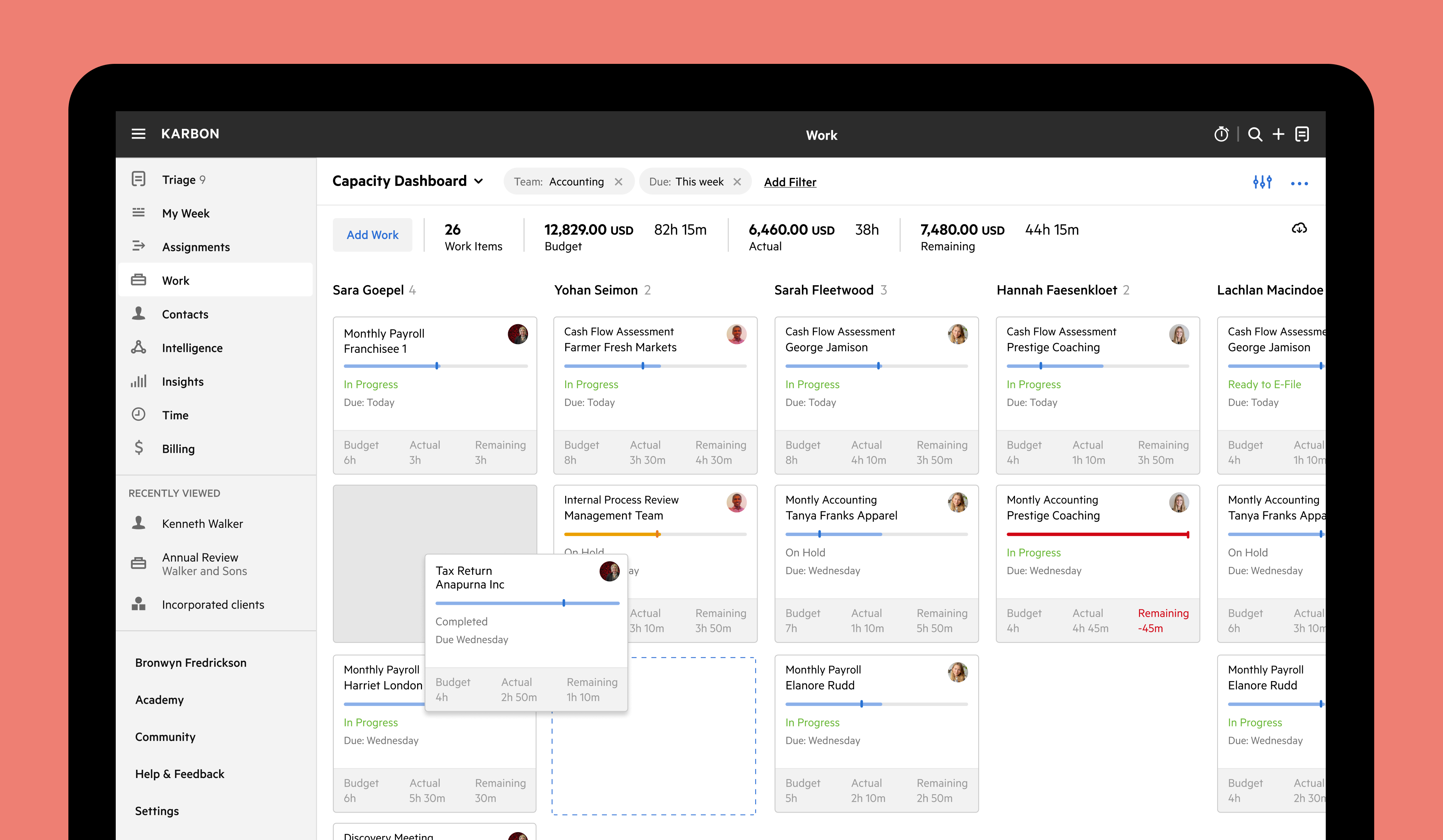Within today's fast-paced medical landscape, the need for efficient operations has never more critical. As clients' expectations increasing and compliance standards evolve, medical professionals are tasked to provide quality care while handling their assets effectively. This is where clinical management tools is introduced, offering innovative solutions that streamline administrative duties, improve client interaction, and boost overall efficiency.
Clinical administration tools acts as a backbone for healthcare facilities, merging multiple operations such as scheduling, billing, and client communication into a unified platform. By automating routine processes and simplifying workflows, this technology not just minimizes office loads but also enables medical professionals to focus on what truly matters: client care. As we examine the profound effects of practice management tools, it is evident that these tools are vital for enhancing functionality and driving medical achievement.
Benefits of Patient Care Systems
Patient care systems significantly boosts the effectiveness of healthcare operations by simplifying support tasks. This software facilitates appointments, invoicing, and patient communication, minimizing the time staff spends on these activities. By minimizing paper-based processes, healthcare providers can focus more on the care of patients rather than administrative burdens, leading to improved service delivery and patient satisfaction.
A significant benefit is the enhanced patient experience. medicloudmed.ch makes possible convenient scheduling of appointments and reminders, which help reduce no-show rates. Additionally, patients can view their health information online, making it simple for them to manage their appointments and communicate with healthcare professionals. This clarity in operations leads to greater patient engagement and loyalty, crucial factors in contemporary healthcare.
In addition, data management becomes more efficient with practice management software. It permits healthcare organizations to store, retrieve, and analyze patient data effectively. With integrated reporting features, providers can monitor performance metrics, financial outcomes, and patient demographics, enabling informed decision-making. This level of data accessibility not only enhances operational efficiency but also supports compliance with healthcare regulations and enhancement initiatives.
Main Functions and Functions
Healthcare management software offers a range of essential features designed to enhance operations in healthcare settings. One of the primary functions is appointment scheduling, which allows practices to manage patient bookings effectively. With easy-to-use calendars and automatic reminders, this software minimizes scheduling issues and reduces no-show rates, leading to improved resource utilization. Additionally, web-based booking improve patient convenience, incentivizing more individuals to seek timely care.
Another significant feature is the handling of patient records and data. Practice management software provides a unified system where healthcare providers can access and modify patient information effortlessly. This capability not only the precision of medical records but also supports interoperability between multiple healthcare systems. As a result, providers can deliver enhanced coordinated and informed care, ensuring that all aspects of a patient's health are considered during treatment.
Financial management and billing are also essential functions embedded in this software. The simplification of billing processes facilitates claims submissions and tracking, significantly reducing the time and effort spent on clerical work. Features such as eligibility verification and systematic coding minimize errors, expediting payment cycles and boosting financial performance. By refining these functions, healthcare practices can concentrate on patient care and less on the complexity of billing issues.
Impact on Medical Operations

The integration of PM software has transformed the way healthcare facilities operate, leading to major improvements in effectiveness and efficiency. By simplifying routine activities such as scheduling appointments, invoicing, and patient record handling, clinicians can focus more on caring for patients rather than administrative duties. This enhancement not only minimizes the likelihood of errors but also boosts the overall process, allowing team members to allocate more effort towards actual patient engagement.
Furthermore, practice management software promotes better interaction among medical teams. With shared access to patient data, physicians, healthcare assistants, and administrative staff are more prepared to work together on patient care. This collaborative approach fosters a unified workplace where data is communicated easily, which is essential for making informed decisions quickly, especially in fast-paced medical contexts. As a result, patient outcomes are likely to get better due to the swift and integrated care provided.
In conclusion, the data analysis tools integrated in practice management software offer medical practices valuable analytics. By examining demographic data on patients, trends in appointments, and financial health, organizations can spot areas for enhancement and develop strategies to enhance service delivery. This evidence-based method allows healthcare providers to make well-informed decisions that align with their operational goals, ultimately leading to improved patient satisfaction and increased efficiency.
